H.R. 4721: Healthy Drinking Water Affordability Act
This bill, known as the Healthy Drinking Water Affordability Act, proposes to create a grant program within the Consolidated Farm and Rural Development Act focused on improving drinking water quality for rural communities. Here are the main components of the bill:
Purpose of the Bill
The bill aims to address the urgent need for clean and safe drinking water, particularly in rural areas that rely on private groundwater sources or have outdated public water systems. It recognizes that many communities face challenges due to contaminants such as lead, arsenic, and other harmful substances in their water supply. The bill emphasizes that investments in immediate solutions are necessary to ensure public health while longer-term infrastructure improvements are developed.
Grant Program Establishment
The legislation establishes the Healthy Drinking Water Affordability Assistance Program, which will provide grants to eligible participants for:
- Purchasing and installing point-of-entry or point-of-use drinking water quality improvement products.
- Maintaining these products to keep them functioning effectively.
- Conducting necessary water quality tests to identify health contaminants.
Eligible Participants
The program is aimed at multiple types of participants, including:
- Homeowners and renters living in rural areas.
- Property owners of smaller residential buildings.
- Licensed child-care facilities.
- Nonprofit organizations that assist eligible end users in accessing these grants.
Grant Uses and Limitations
Grants can be used for various purposes, such as:
- Purchasing approved drinking water quality products and their certified filter components.
- Installation of these products by qualified installers.
- Maintenance of the products to ensure proper functioning.
- Conducting qualified water quality tests to support the initiatives.
However, income restrictions apply: grants are only available for individuals or households that do not exceed 150% of the median nonmetropolitan household income for their state. This ensures that the assistance is targeted at those who need it most.
Program Administration and Reporting
The program will be administered by the Secretary of Agriculture, who will oversee the distribution of grants and manage the implementation of the program. Additionally, the Secretary is required to submit reports to Congress regarding the barriers to safe drinking water and analyze the water quality challenges faced by participants in the program.
Funding Authorization
The bill authorizes appropriations of $10 million per year for five years (from 2025 to 2029) to support the program, ensuring that sufficient funds are available to assist rural communities in improving their drinking water quality.
Relevant Companies
- WWD - Xylem Inc.: As a company specializing in water technology, Xylem could see increased demand for their water treatment and filtration systems due to the grant-funded projects aimed at enhancing drinking water quality.
- HELE - Helen of Troy Limited: This company offers water filtration products, which may see a boost in sales as households seek eligible drinking water quality improvement products with the assistance of grants under this bill.
- CEC - Calgon Carbon Corporation: Calgon Carbon, known for its water treatment solutions, could potentially benefit from increased investments in water quality improvement products supported by the grant program.
This is an AI-generated summary of the bill text. There may be mistakes.
Sponsors
18 bill sponsors
-
TrackDavid Rouzer
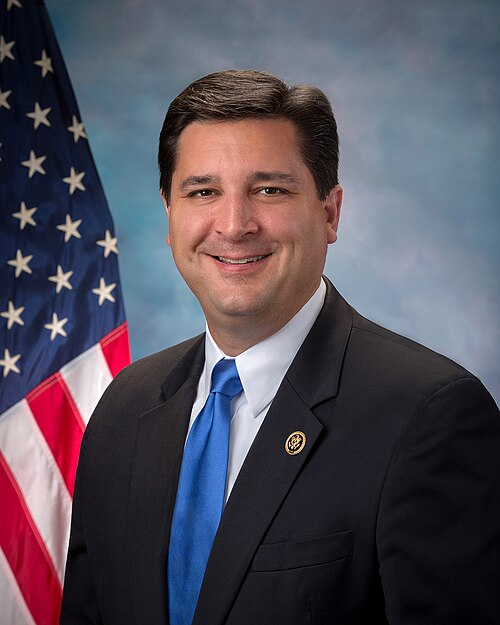
Sponsor
-
TrackNikki Budzinski
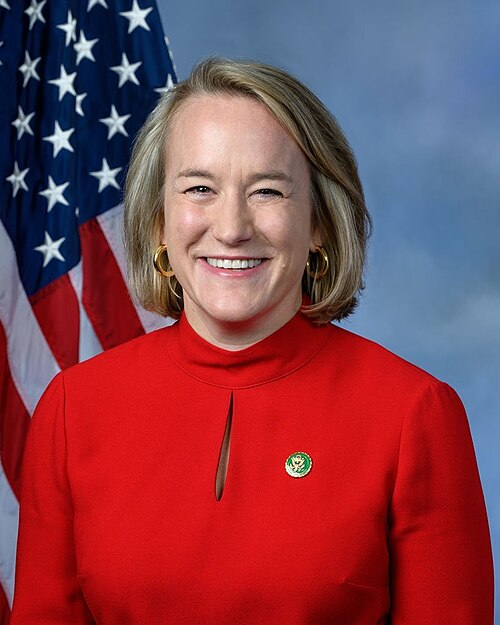
Co-Sponsor
-
TrackJim Costa
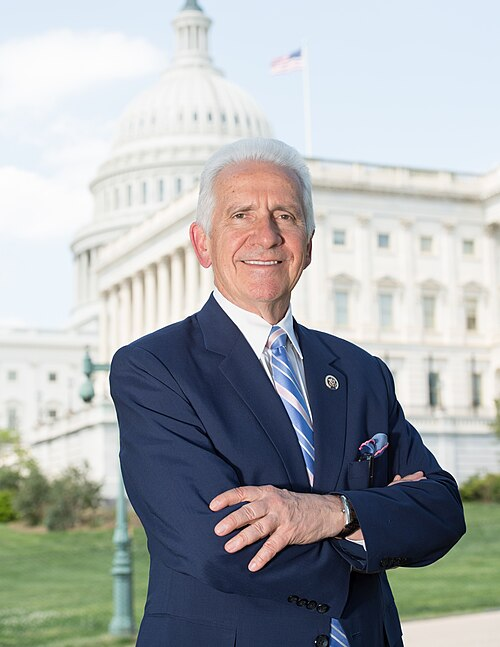
Co-Sponsor
-
TrackDonald G. Davis

Co-Sponsor
-
TrackJosh Harder

Co-Sponsor
-
TrackJahana Hayes
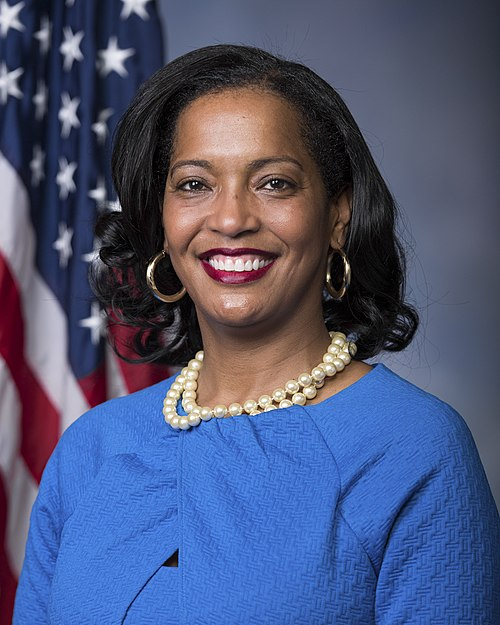
Co-Sponsor
-
TrackJonathan L. Jackson

Co-Sponsor
-
TrackMichael Lawler
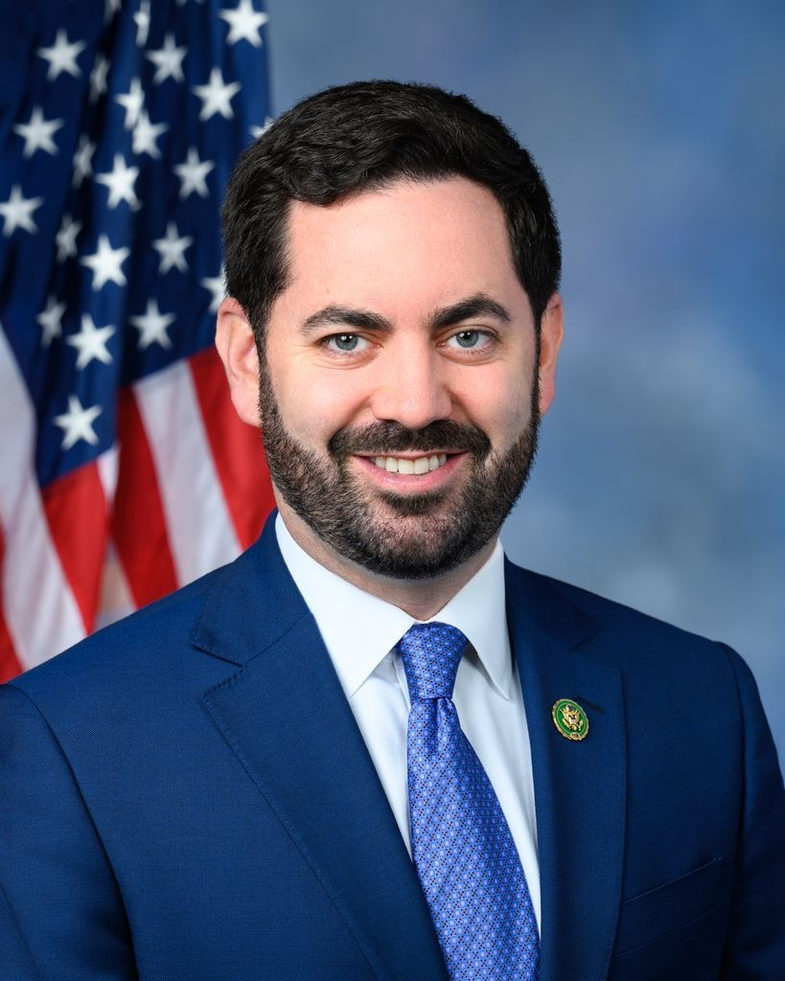
Co-Sponsor
-
TrackDoris O. Matsui

Co-Sponsor
-
TrackKelly Morrison
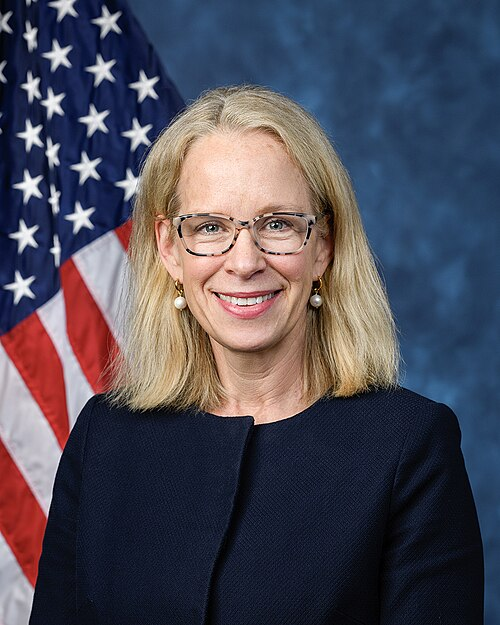
Co-Sponsor
-
TrackMarie Gluesenkamp Perez
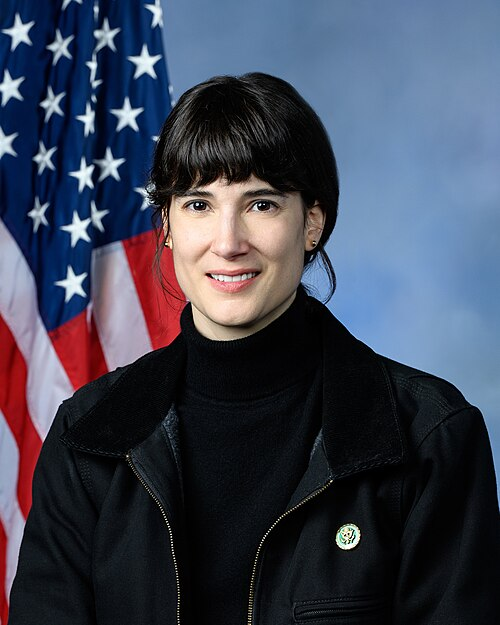
Co-Sponsor
-
TrackChellie Pingree

Co-Sponsor
-
TrackAndrea Salinas
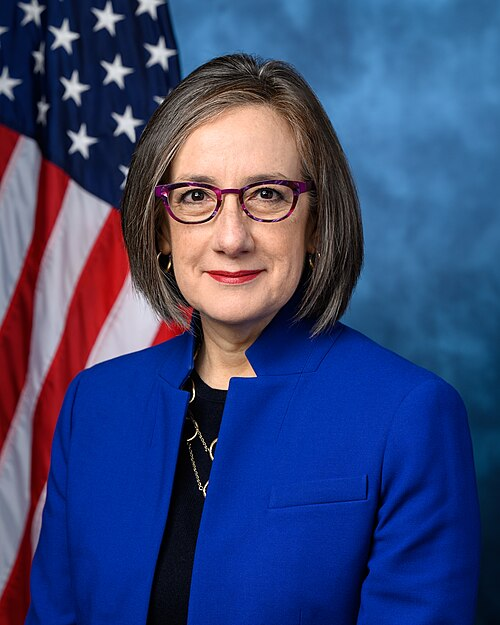
Co-Sponsor
-
TrackAdam Smith
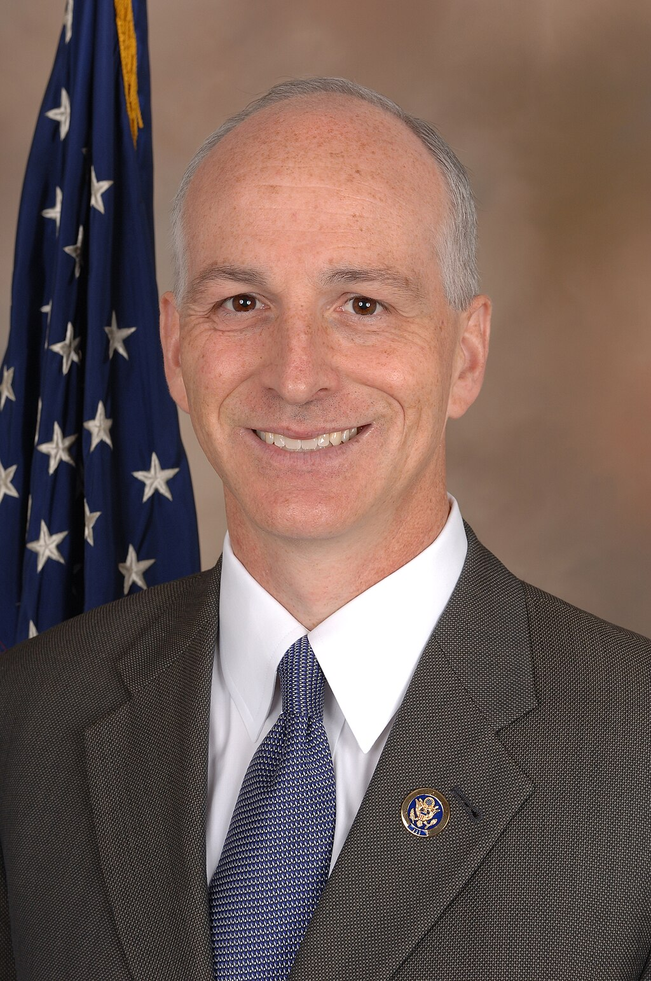
Co-Sponsor
-
TrackHaley M. Stevens

Co-Sponsor
-
TrackDavid G. Valadao
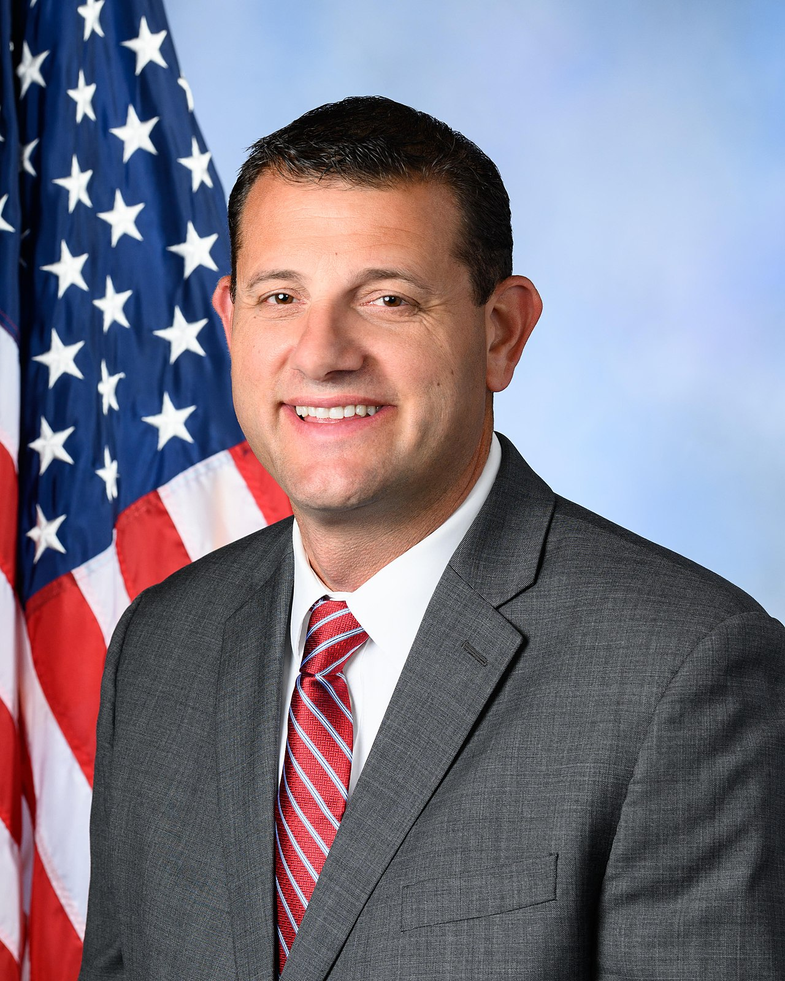
Co-Sponsor
-
TrackGabe Vasquez
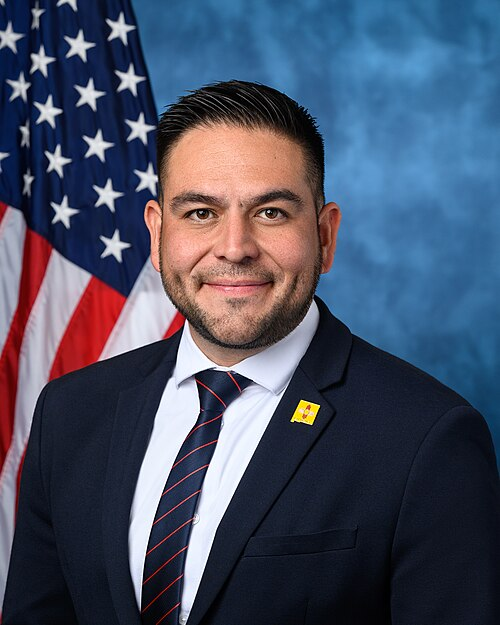
Co-Sponsor
-
TrackEugene Vindman
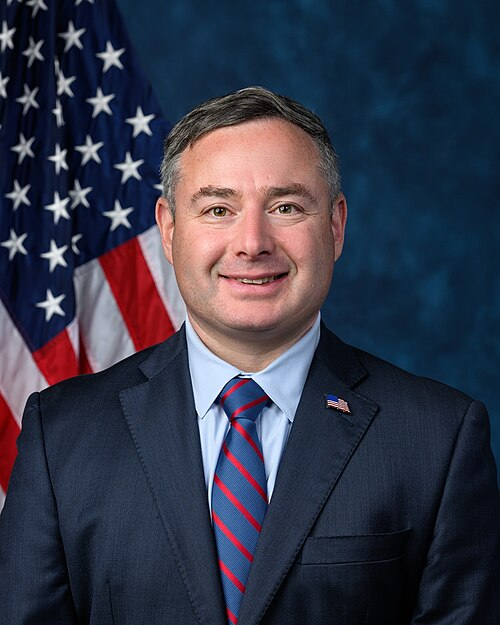
Co-Sponsor
Actions
2 actions
| Date | Action |
|---|---|
| Jul. 23, 2025 | Introduced in House |
| Jul. 23, 2025 | Referred to the House Committee on Agriculture. |
Corporate Lobbying
0 companies lobbying
None found.
* Note that there can be significant delays in lobbying disclosures, and our data may be incomplete.





